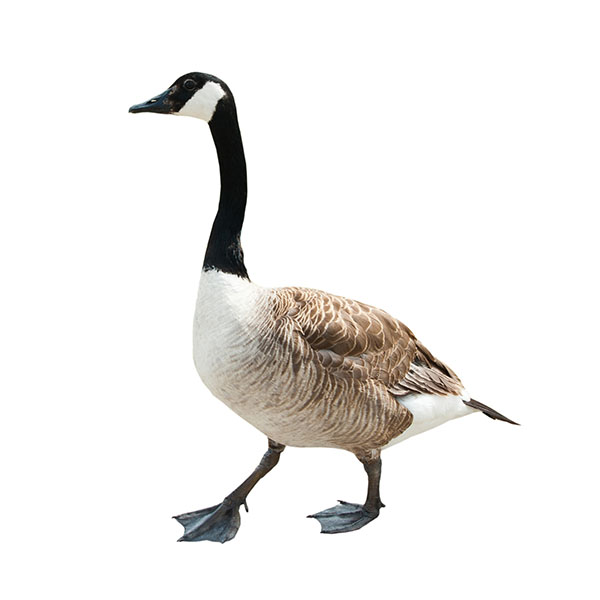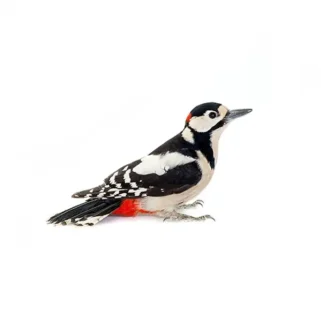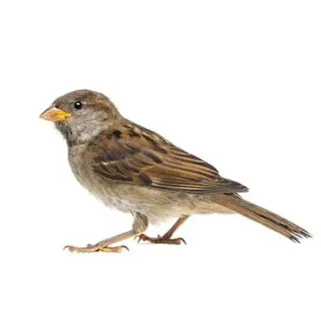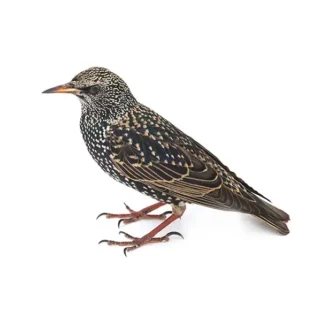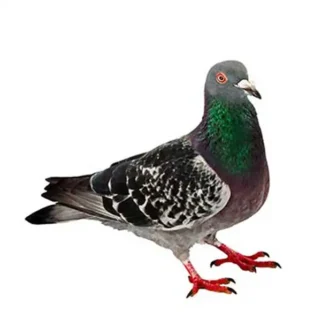Canada Geese in Cleveland
Canada Geese are large, water-loving birds, with black heads, white chin straps, and gray-brown bodies. Found across North America, these birds adapt to city life, but their presence can cause problems for humans. A single goose can produce up to a pound of droppings each day, which can cover sidewalks, fields, and public spaces. These droppings aren’t just messy—they can spread diseases too. Harmful bacteria like E. coli and salmonella can be found in goose droppings. This poses a health risk, especially in areas where people or pets come into contact with the droppings. Canada Geese can be aggressive, especially during nesting season. When they feel threatened, they hiss, honk loudly, and may even chase or bite. This can be intimidating, especially for small children or pets.
Canada Geese Habitat
Canada Geese are highly adaptable and live in various habitats. In the wild, they are often found near lakes, rivers, marshes, and open fields where they can graze on grasses and find water. They like areas with plenty of open space and a good view, which helps them spot predators. In urban areas, Canada Geese are seen in parks, golf courses, and large lawns. They settle near ponds and grassy areas where they can feed and nest. Urban settings provide food, water, and safety from predators, making these areas popular spots for Canada Geese to call home.
Canada Geese Behaviors, Threats, or Dangers
Canada Geese gather in large flocks, especially during migration or near food and water sources. This can lead to noise, mess, and even aggression, especially during nesting season. Their droppings are another issue, as they can spread diseases like E. coli and salmonella, which may contaminate water and soil. Beyond health issues, their droppings can damage property. Acid in the waste can stain and erode surfaces like sidewalks, decks, and roofs, leading to costly repairs. Droppings can also make walkways slippery, creating a risk of slips and falls.
If Canada Geese are causing problems around your home or property, contact a licensed bird control company for assistance.

